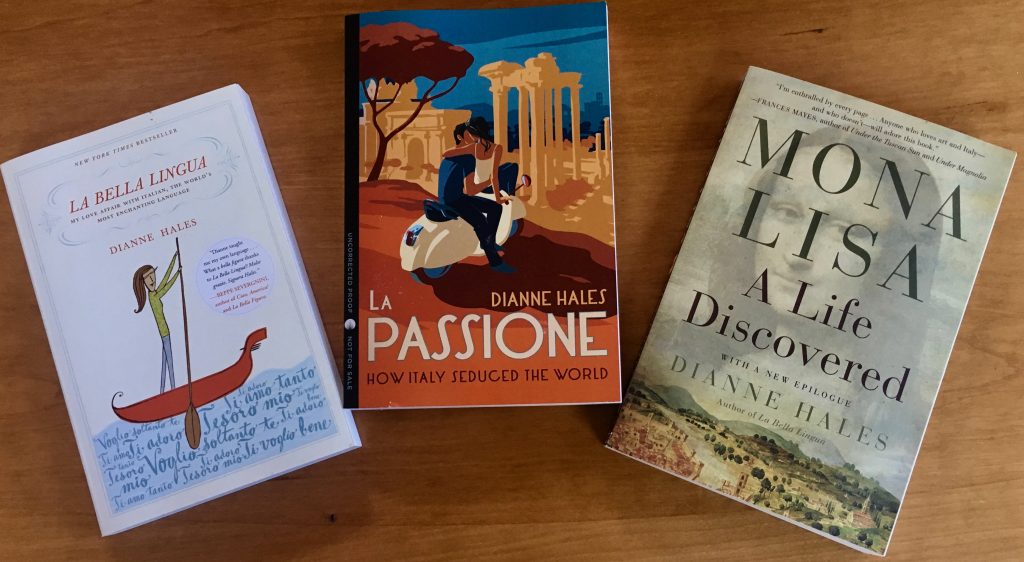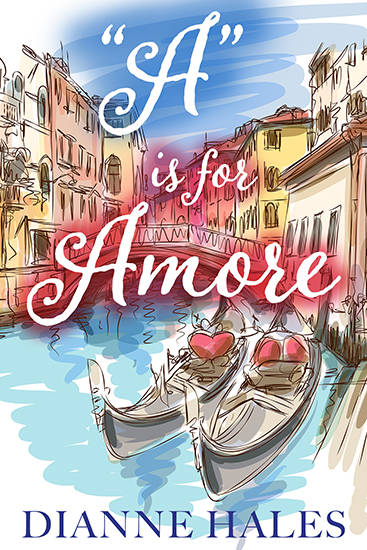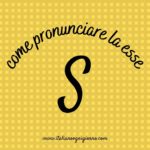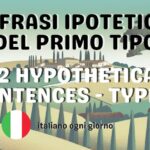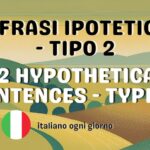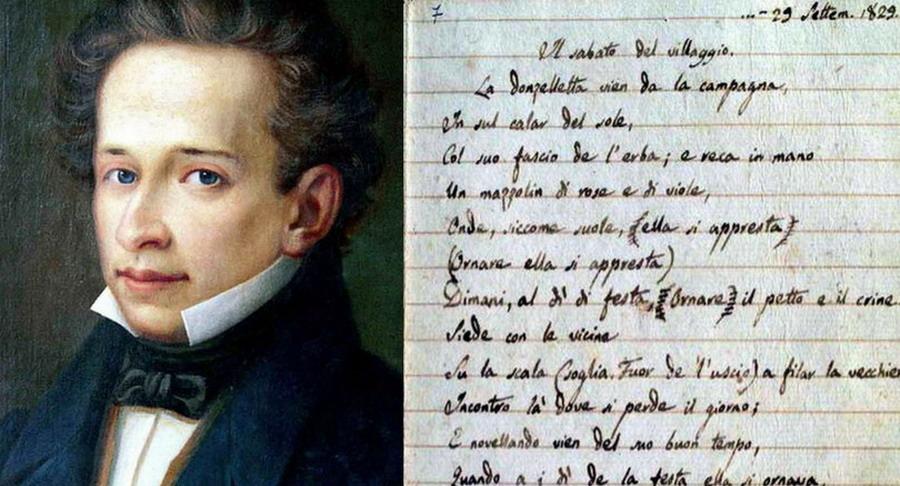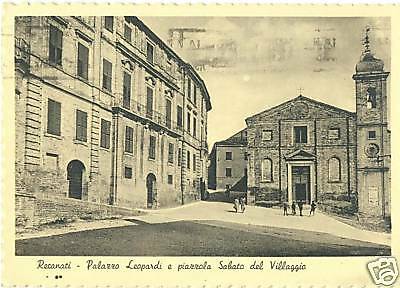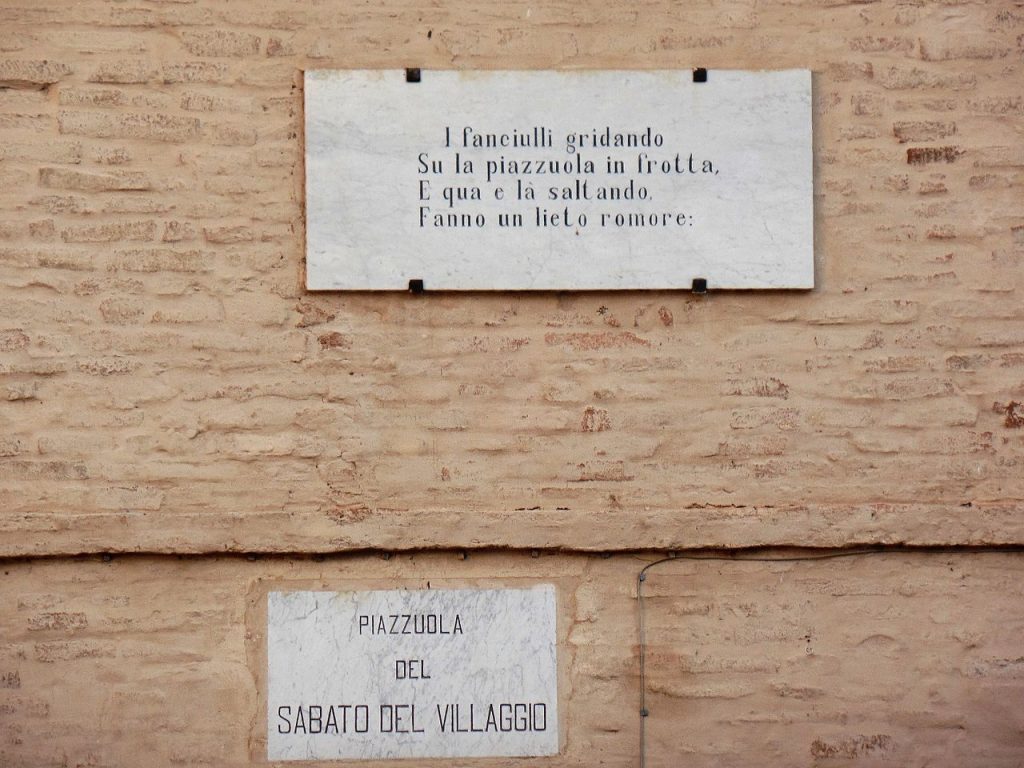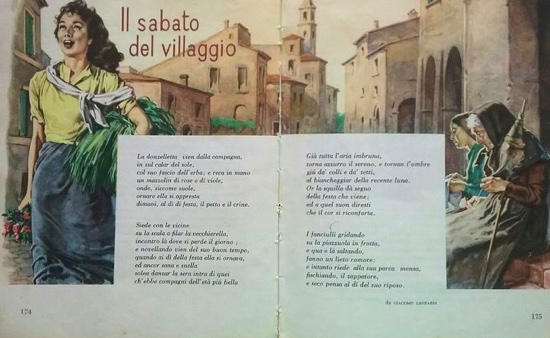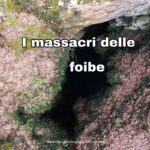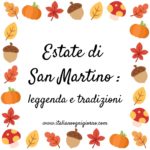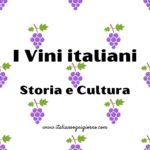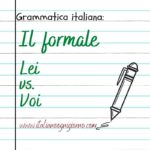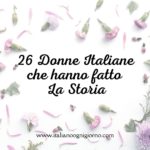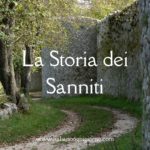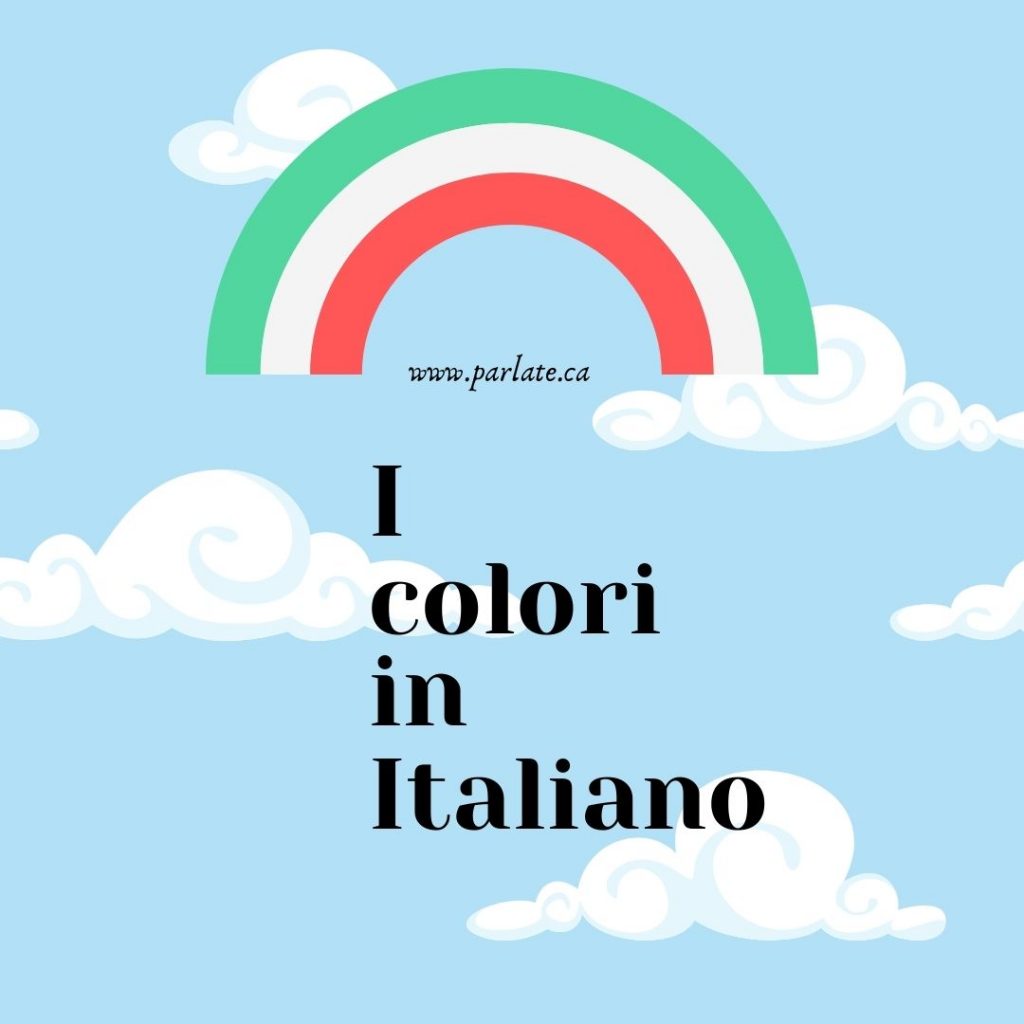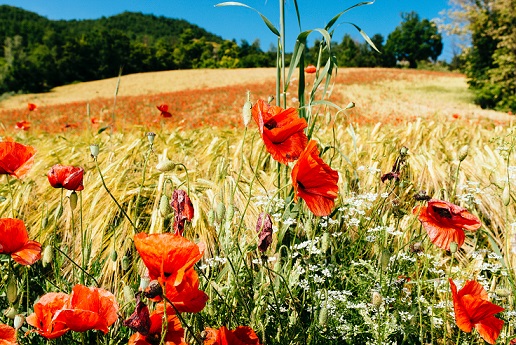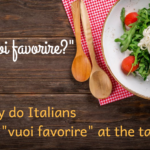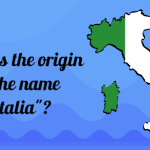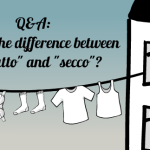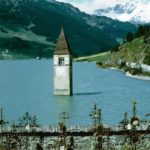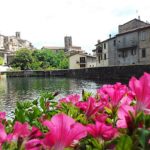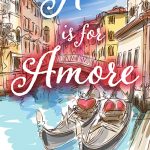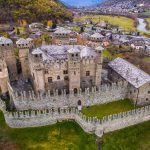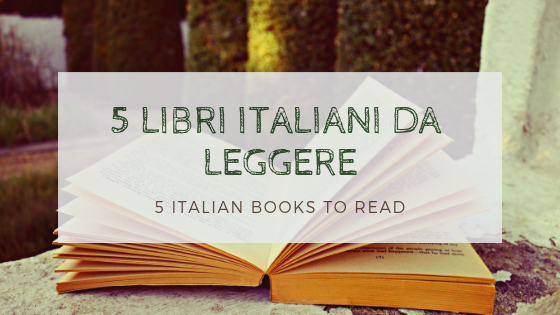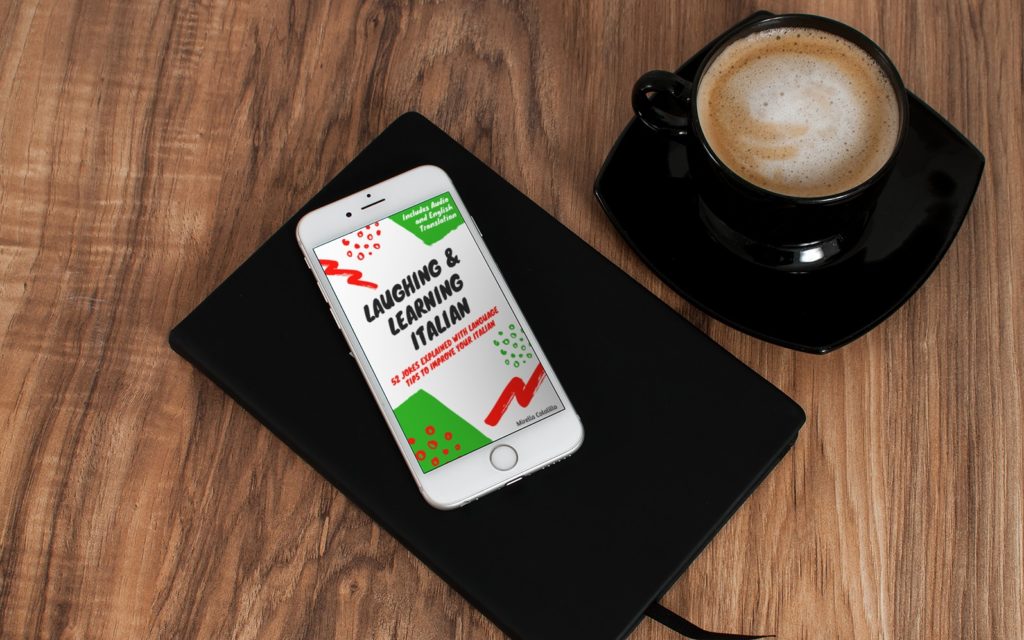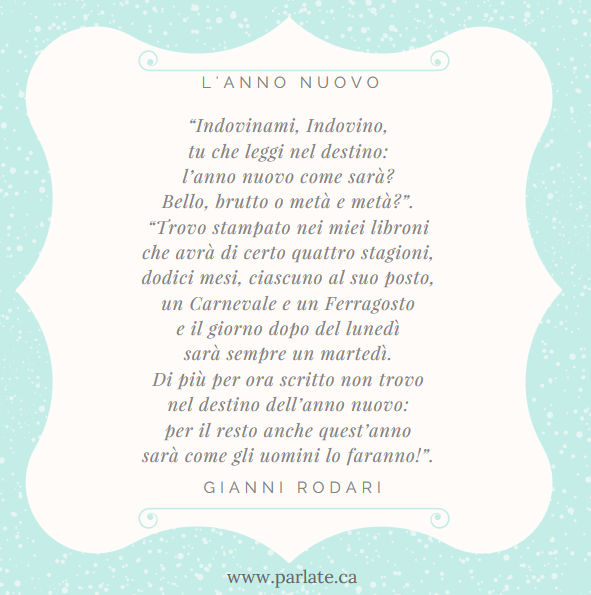A whimsical letter-by-journey through the Italian ABCs with Dianne Hales
(Original English version follows)
In questo periodo strano in cui non è possibile viaggiare in Italia, Dianne Hales ha fatto quello che fanno gli scrittori: ha scritto un nuovo libro, un piccolo omaggio all’Italia e agli italiani. Ce ne parla oggi ospite del mio blog:
Decenni fa mi sono innamorata follemente, felicemente, vertiginosamente dell’italiano. Desiderosa di comunicare con i suoi interlocutori, ho deciso di imparare la loro lingua immergendomi nei suoi suoni.
Una delle mie prime lezioni formali si è concentrata sull’alfabeto italiano. Anche se le sue 21 lettere sembrano identiche alle loro controparti inglesi (escluse j, k, w, x e y), non suonano allo stesso modo.
Le differenze vanno oltre la pronuncia. A me ogni lettera fa venire in mente una parola che rappresenta un aspetto diverso della vita e della cultura italiana. Ho messo insieme le mie riflessioni alfabetiche in un libro digitale che puoi scaricare come PDF gratuito qui.
“A” Is for Amore accompagna i lettori in uno stravagante viaggio letterale attraverso l’ABC italiano. Viaggerai a Firenze e Roma; assaporirai i piatti preferiti dagli italiani; ti addentrerai nel mondo della moda e del vino; incontrerai Dante, Leonardo e l’irresistibile italiano; e acquisirai un nuovo apprezzamento delle lettere “H” (acca) e “Z” (zeta) in italiano.
Se ami l’Italia, imparerai di più sul paese e sulla sua gente. Se vieni da una famiglia italiana, scoprirai di più sulla tua eredità. Se sei uno studente o un insegnante d’italiano, troverai una prospettiva allegra che integra le lezioni di vocabolario e grammatica. Se sei un avventuriero in poltrona, non hai bisogno di conoscere nessun italiano per goderti il viaggio.
“A” Is for Amore è la mia lettera d’amore all’Italia, alla sua gente e a tutti i miei lettori, con grande apprezzamento per il loro sostegno. Spero che questo piccolo regalo ti diverta e ti sollevi.
In this strange period in which it is not possible to travel to Italy, Dianne Hales did what writers do: she wrote a new book, a small tribute to Italy and the Italians. She talks to us about today in this guest post:
Decades ago I fell madly, gladly, giddily in love with Italian. Yearning to communicate with its speakers, I set out to learn their language by immersing myself in its sounds.
One of my earliest formal lessons focused on the Italian alphabet. Although its 21 letters look identical to their English counterparts (minus j, k, w, x, and y), they don’t sound the same.
The differences go beyond pronunciation. To me, each letter brings to mind a word that represents a different aspect of Italian life and culture. I’ve put together my alphabetical musings in a digital book you can download as a free PDF here.
“A” Is for Amore takes readers on a whimsical letter-by-journey through the Italian ABCs. You’ll travel to Florence and Rome; savor Italians’ favorite dishes; delve into the worlds of fashion and wine; meet Dante, Leonardo, and the irresistible Italian man; and gain a new appreciation of the Italian “H” (acca) and “Z” (zeta).
If you love Italy, you’ll learn more about the country and its people. If you come from an Italian family, you’ll discover more about your heritage. If you’re an Italian student or teacher, you’ll find a light-hearted perspective that complements vocabulary and grammar lessons. If you are an armchair adventurer, you don’t need to know any Italian to enjoy the ride.
“A” Is for Amore is my love letter to Italy, its people, and all my readers, with great appreciation for your support. I hope this small gift will entertain and uplift you.
Dianne Hales is the author of La Passione: How Italy Seduced the World; La Bella Lingua: My Love Affair with Italian, the World’s Most Enchanting Language, and Mona Lisa: A Life Discovered. The President of Italy awarded her an honorary knighthood, with the title of Cavaliere dell’Ordine della Stella della Solidarietà Italiana (Knight of the Order of the Star of Italian Solidarity), for her contributions to promoting the Italian language.
For more information, visit Dianne’s website. You also can join other Italian-lovers at the La Bella Lingua group.
